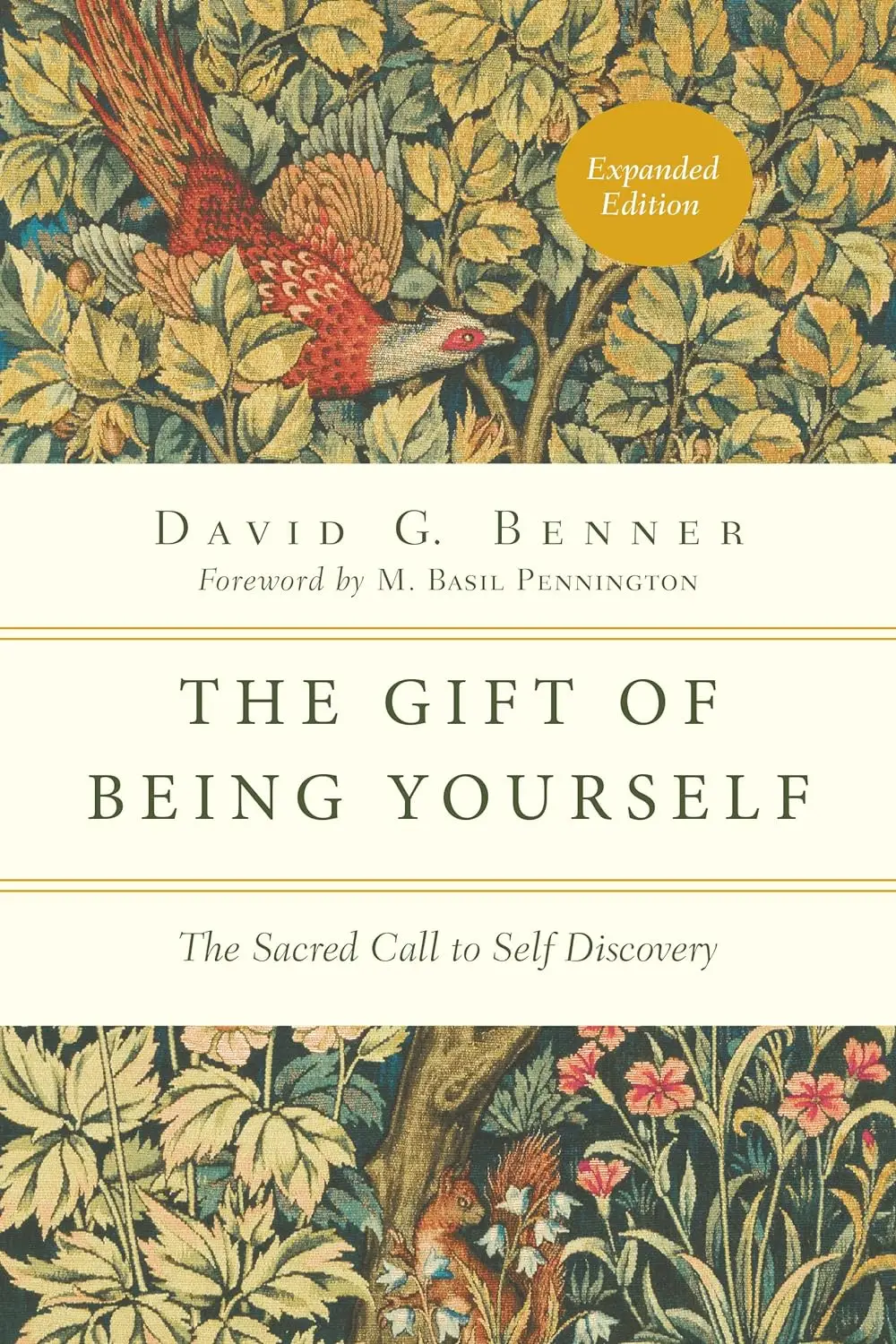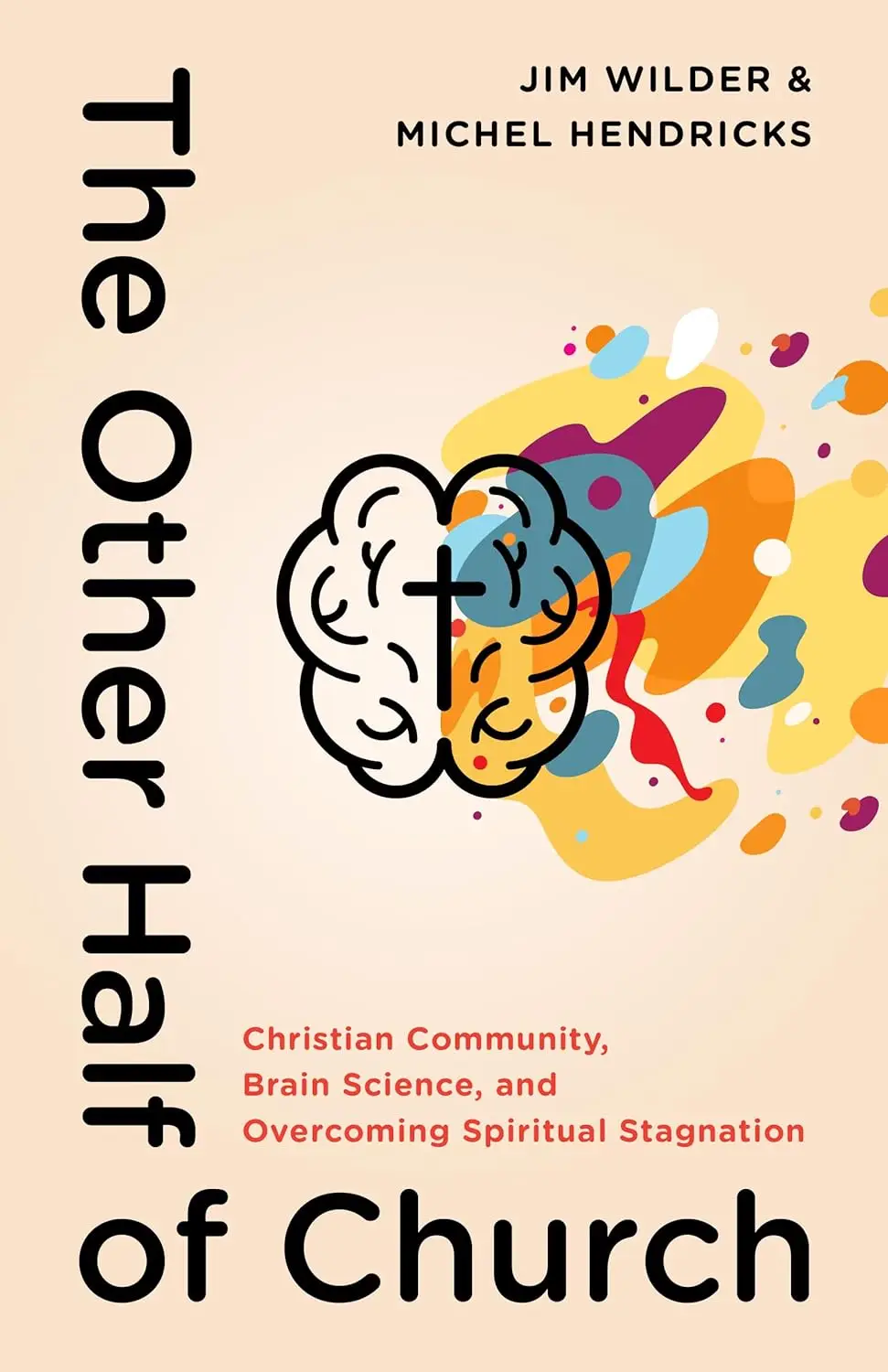In 2020, on the brink of a worldwide pandemic, I released a book. On February 6 HelpHer, A Churchwide Response to Women in Crisis made its entrance into the world and figuratively rocked the church’s male led landscape by suggesting women can be involved in caregiving for their sisters. Coincidentally, February 6, 2020, was the same day a tornado swept through my church’s property. The institution that developed a woman-to-woman caregiving ministry was literally rocked. I found it significant at the time but didn’t really know what to think about such a strange providence. Although, reading this by my friend and colleague Aaron Hann was quite insightful.
But, I digress.
The purpose of the HH book was to demonstrate how complementarian minded leaders might incorporate wise, seasoned women into the life of the church more fully. This revolutionary idea of partnering men and women to provide care for women in crisis had the potential to assist overburdened pastors and leaders while simultaneously providing a ministry involvement in which women could flourish. It seemed like the perfect storm.
At the beginning of this series, I mentioned I no longer support this type of woman-to-woman caregiving ministry in the local church. That’s not to say I don’t think there’s value in having a similar kind of ministry. In fact, at Help[H]er, that’s one of the things we do. We help churches structure a ministry in the local context that will care well for women in crisis. But, as I mentioned in Let’s Start at the Very Beginning, how we provide care will be fruitless unless we first sift through the ways in which certain popular worldviews harm. I then wrote about “role theory,” a pattern of supposedly biblical behaviors—and expectations of those behaviors for women—understood, assumed, and adhered to by everyone. The first role expectation was of a woman happily nurturing from a perch in her home. This post will address the role expectation of being silent.
Paul wrote, “Women should keep silent in the churches” (1 Cor. 13:34). Likewise, he writes to Timothy, “I do not permit a woman to teach or to exercise authority over a man; rather, she is to remain quiet” (1 Tim. 2:12). Paul continues, “For it was Adam who was first created, and then Eve. And it was not Adam who was deceived, but the woman being quite deceived, fell into transgression” (v.14). The thinking is that Adam was created first (i.e. “created order”[1]) and Eve was (more easily) deceived,[2] therefore she is less than able to discern, teach, and exercise authority. The progression of that thought results in the idea that women are not permitted to speak into the management of the church. Presumably, that would include her having a say in any determination for how best to provide care for another woman. In the home, this dynamic is seen when the husband is considered the final decision maker. That idea is also prevalent in the church. Even trained, female counselors and therapists, who are intimately aware of best practices for multiple types of crises, find their pastor/church leaders giving lip service to their professional assessment but in the end, deferring to their own evaluation.
A picture of this can be seen in my situation. When another church issued an out of order complaint about me and I was investigated, my church exonerated me.[3] However, in the same vindicating statement they wrote, “we are concerned for Ann Maree’s part in this…As such, we will engage Ann Maree in counsel and direction as it pertains to matters of wisdom, prudence, and posture as it relates to the issue of abuse and working with sessions.” What followed was several months of multiple meetings where I was interrogated regarding my practices in the HH ministry.[4] What did the leadership convey was the problem? Predominantly my “posture.” I was told I shouldn’t be speaking authoritatively to a session. In my circumstances (as well as many others) I’ve found that a church may have developed a woman-to-woman caregiving ministry, but the women helper voices, by virtue of this belief system, will not be heard. What good is having such a ministry?
It’s Holy Week, so I’m reading through the four gospel accounts of Jesus death and resurrection. This morning, I was struck with what Matthew wrote. Jesus told the women to whom He first appeared, “Go and tell my brothers to go to Galilee; there they will see me” (28:10). Not only did Christ command the two Mary’s to go and speak, He told them to authoritatively instruct the disciples what they were to do.[5] There are many passages in Scripture that don’t make immediate sense. A simple plain reading is insufficient for understanding, as we witness here between the Pauline directives vs. Christ’s. As a friend often says, two things can be true at the same time. It is imperative for those of us who provide spiritual wisdom to exegete these passages more carefully. The vitality of the church depends on it (Eph. 4:16).
Next time I’ll talk about authority, who has it, what is it intended to do, and how it impacts caregiving. Here’s a song that might help us think about women and silence a little more clearly.
[1] More on this in an upcoming post. For now, I’m not sure why Paul writes that Adam wasn’t deceived. God’s indictment against him was that he listened to the voice of his wife (Genesis 3:17), that voice having told him a lie (that the fruit was desirable for gaining wisdom). In addition to “created order,” catch words and phrases to pay attention to may also include, “special instruments,” “ordained,” “rulers,” “leader,” “head,” “unique privilege,” “essential worker,” “overseer,” “divinely appointed,” “dominion,” “order,” “divine authority,” “authoritative role,” “his calling,” “ordained shepherds,” “their shepherding responsibility,” “authoritative leader,” “spiritual authority,” “decision maker,” “divinely ordained,” “accountable,” “ordained leader,” “headship.” As with a similar list on my last post (Let’s Start at the Very Beginning), some of these terms are biblical and can/will be used in a positive sense. For a better understanding in your context you may want church leaders to define and clarify their position and how it might impact a caregiving ministry for the women in your church.
[2] “If Eve’s deception speaks to the nature of women, then Paul forbids teaching or authority because women—who outshine men in other areas—are, on the whole, more likely to acquiesce to doctrinal deviation,” DeYoung, Men and Women, 85.
[3] “The most compelling reason to issue a cease-and-desist directive to Ann Maree would be if we found her involvement in this case to be in and of itself sinful, or if her behavior consisted of known and unrepentant sin or if she were in flagrant violation of the BCO. We have not found this to be the case.”
[4] Practices that mirror those found in the PCA Ad Interim study committee DASA report.
[5] In fact, Scripture itself as THE final authority conveys women’s authoritative voices.





